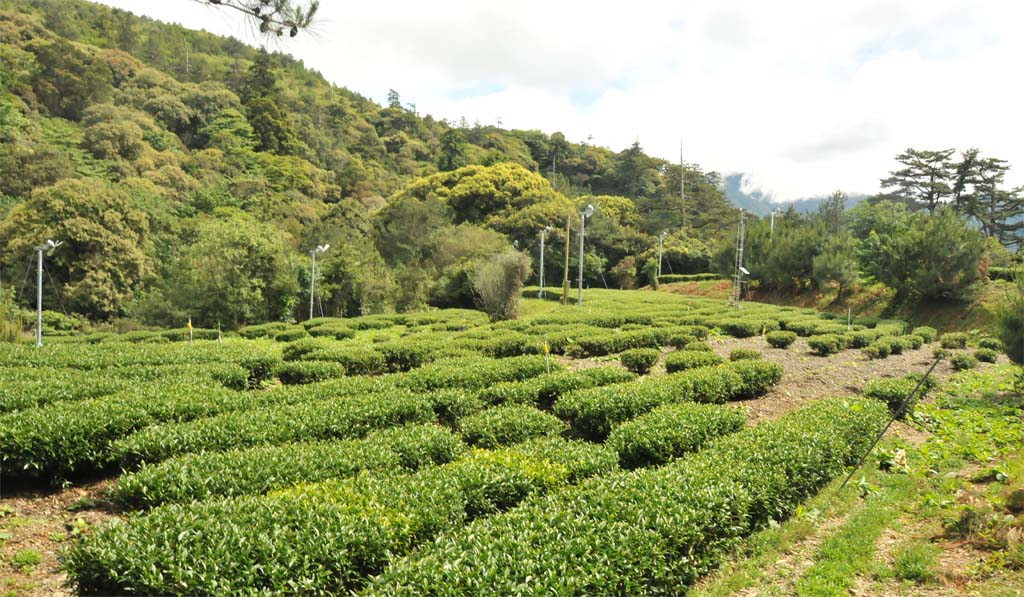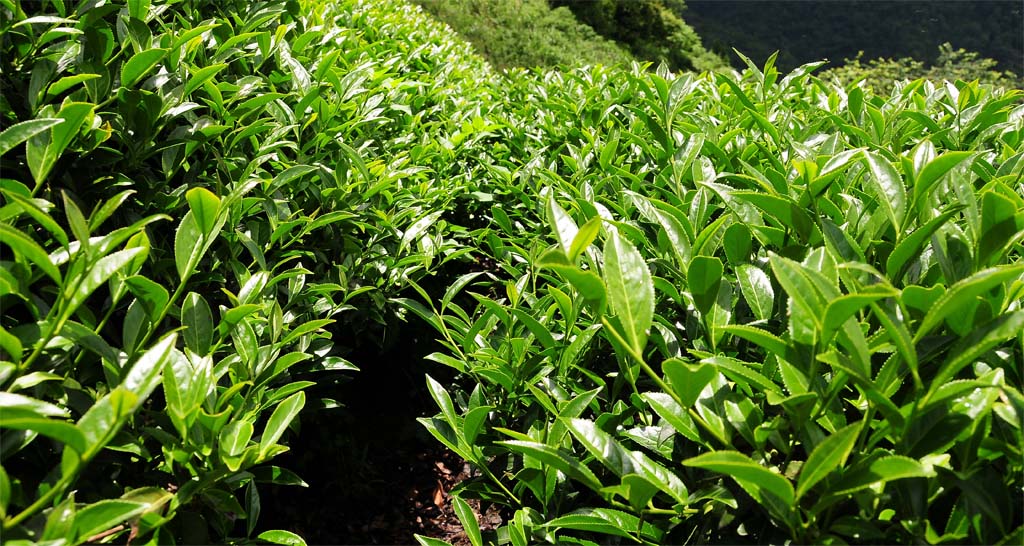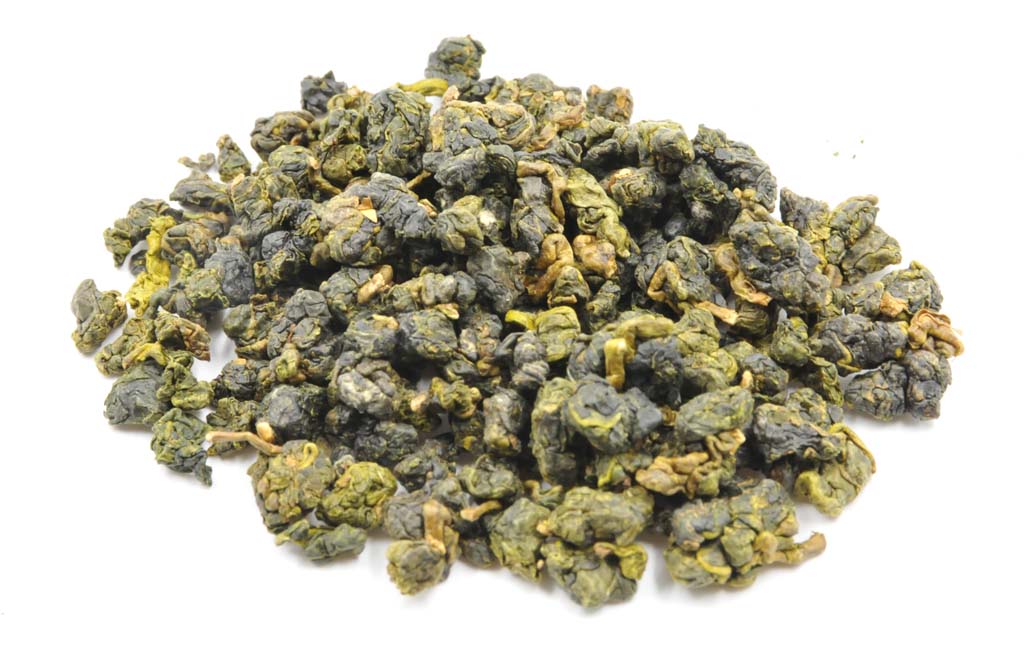Dong Ding Oolong Tea
Dong Ding, also spelled Tung ting, is a kind of oolong tea produced in Taiwan. Dong Ding is a mountain, which means "frozen mountain top." About 150 years ago, immigrants from Mount Wuyi, Fujian Province, began to grow tea in the frozen top mountain and gradually developed Dong Ding Oolong Tea through many years’ cultivation.
Features
Dong Ding Oolong Tea only harvests one-tip three-leaf, and then oxidizes the tea 20%-30% by withering. After that, tea leaves are extruded into spherical shape and finally baked with charcoal. In addition to the sweetness of tea, the typical Dong Ding Oolong Tea carries charcoal aroma.


*Dong Ding Oolong Tea Plantation.

*Dong Ding Oolong Tea.
health benefits
Just the same as the other tea categories, Dong Ding Oolong Tea contains antioxidants such as polyphenols, catechins and flavonoids, which are beneficial to human health.
Help digestion:Tea can soothe digestive tract. If you have indigestion and hyperacidity, you may try Dong Ding Oolong Tea.
Weight loss:The polyphenols, catechins and caffeine in Dong Ding Oolong Tea can accelerate metabolism and reduce fat absorption, which in turn helps lose weight.
Reduce the risk of heart disease:Chinese study finds that drinking Dong Ding Oolong Tea helps reduce cholesterol accumulation. Caffeine and antioxidants in tea also accelerate metabolism, which is good for heart and blood vessel.
Lower risk of cancer:Study finds that drinking a cup of oolong tea a day can reduce the risk of cancer by 4%.
Infections and Inflammations:Dong Ding Oolong Tea is rich in vitamins, which can improve immunity. Minerals, vitamins and antioxidants will fight inflammation and infection.
Zero-calorie drink:Dong Ding Oolong Tea is a zero-calorie drink, which is naturally sweet without making you gaining weight. The caffeine contained can help you feel energetic, but please notice that excessive intake of caffeine will generate the side effects such as insomnia and palpitation.
Caffeine and side effects of Dong Ding Oolong Tea
Dong Ding Oolong Tea contains caffeine that is about 3% of the weight of tea. Despite of small content, excessive intake may cause some side effects such as insomnia, irritability, palpitations and dizziness. Caffeine-sensitive, pregnant and nursing people shall consult a physician before drinking it.

